Mindfulness is a concept that’s transforming the lives of people around the world today, but it has existed in cultures outside of the West long before.
The first time I came across the word was at a time in my life when I had reached the peak of my career and financial success. I had progressed fairly quickly at a Fortune500 company and was one of the youngest board members. I started my own venture before I turned 30 and watched my company flourish.
At the same time, I was taking several sleeping pills every night before going to bed. I led a fairly unhealthy life, and on some days I struggled to get out of bed. I had no concept of mental health, and when I experienced my first failure, I realized that I was living with anxiety, much like 40 million other adults in the United States.
I experienced symptoms like restlessness and increased heart rate daily but never paid attention to it because I wasn’t used to the idea of listening to my body. When I finally decided to take a step back and reevaluate my priorities, I gave myself room to breathe and grow. I spent a lot of time in nature and worked on building myself back up.
When I stumbled on to the idea of mindfulness, I was skeptical at first. It was, however, nostalgic for meto be reminded of the time I spent as a child, playing next to a nearby river that ran its course a few miles from my home.
I would sit next to the water and listen to the water flowing and crashing against the rocks. I would feel the gentle breeze on my face and the gentle caress on my hair. I remember taking deep breaths and smelling damp soil and fresh sprouting grass, and, most importantly, I remembered what it felt like to be content.
Contents
What is mindfulness?
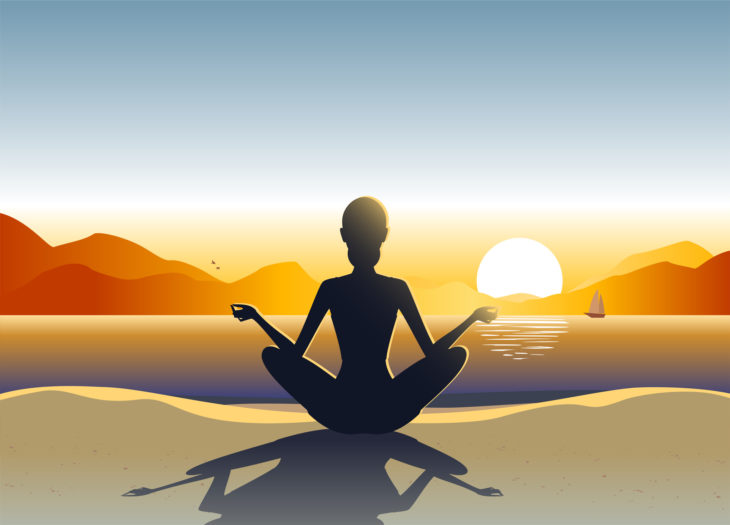
Source: humanoriginproject
Mindfulness is the practice of being completely present at the moment. Some of the most prominent leaders and successful people in the world swear by it, and many corporations include it in their health and wellness programs. This is because mindfulness has transformative powers and produces remarkable results and improvements in your overall well-being.
The idea is fairly simple. You have to maintain regular breaths while you focus on being aware of your feelings, thoughts, sensations in your body, and where you are. Instead of seeking escape in a world external to you, you bring your attention to your present self and your core.
Why do we need mindfulness?
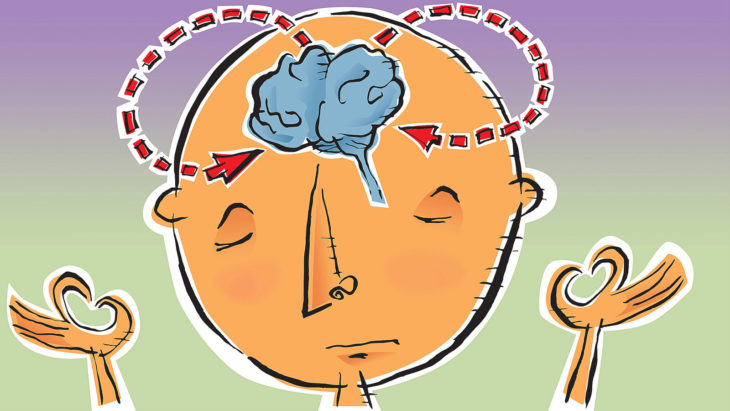
Source: harvard
When we feel anxious, our mind races to the worst-case scenario and jumps to several places at once. Thiscauses the body to go into fight, flight, or freeze mode and increases adrenaline. You react to something or prepare to defend yourself or run, except you don’t know what exactly you’re trying to escape or tackle.
Mindfulness has several benefits, and it allows us to train the mind,just like we’d train any other muscle in our body to become stronger instead of becoming overwhelmed. It allows you to de-stress and gain better insight into yourself. For it to be truly effective, you have to practice it by letting go of judgment and becoming open and accepting, as well as honest with yourself.
It might seem daunting initially,and it’s normal to feel discomfort at first, especially for those who have avoided being intimate with themselves for a long time. But you should know that everyone has the ability to be more mindful without drastically changing who they are. It’s not just a daily ritual but can soon become a way of life for you, and you can neither fail nor excel at it. It allows you to be, in as wholesome a way as possible.
Here are ways you can practice mindfulness in your everyday life.
1. Limit technological use in your life
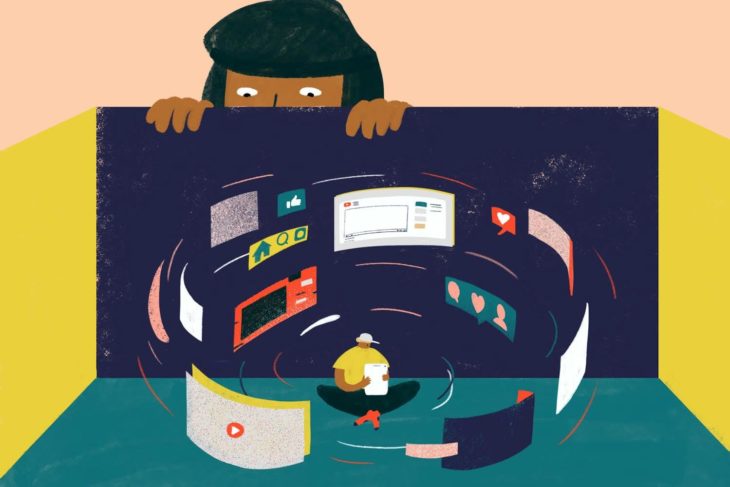
Source: nytimes
If the first thing you see when you wake up is an app or a message from someone and your instinct is to respond to several notifications or emails, you’re doing yourself a great disservice. It’s not possible to live without a smartphone, but we can surely practice limiting our intake of the information disseminated on social media apps.
Make it a rule for yourself to dedicate time to your morning rituals first and foremost, instead of your phone and laptop. Spend that time being fully awake and present in the moment. You can meditate before or after breakfast, but even being present while you’re brushing your teeth or making breakfast allows you to practice paying attention to your actions.
2. Eat mindfully
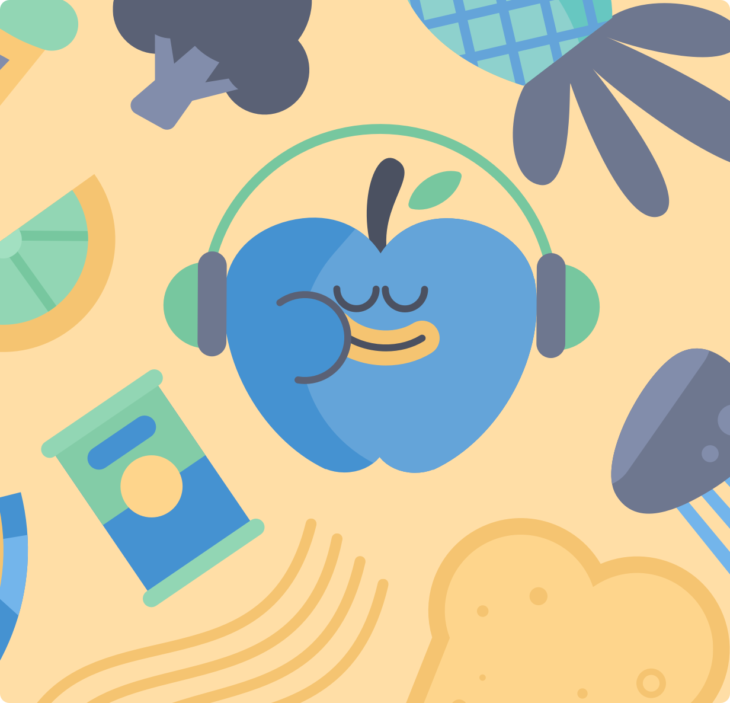
Source: headspace
It is tempting to binge eat in front of a screen while it plays something mindless for you to watch; the white noise can help you eliminate the sound of your own thoughts. But it’s not mindful, and it’s definitely not sustainable.
We are meant to chew our food and savor it and not gulp it down in big bites. Even if you have to rush in the morning, and you’re grabbing a snack on the go, make sure you eat something that’s nutritious. When you eat it,think about what you’re eating and if it’s benefiting your body. Does it make you feel good afterwards?
3. Practice acceptance
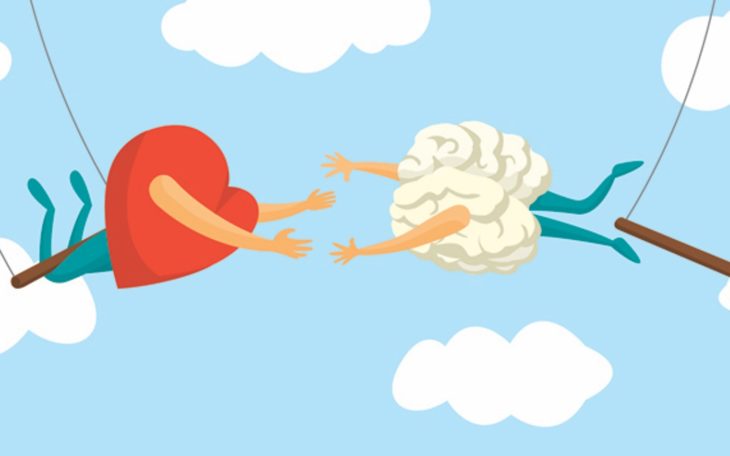
Source: mindful
When you start being more mindful, you obtain a clearer vision about who you are and why you do certain things. Some impulsive habits become second nature to us and aren’t always good for us. However, we can break them only after we identify them.
Be open about where your weaknesses lie; ask your friends. Work on yourself to challenge your fears and insecurities. They don’t define you, but they can dictate how you react to situations and the actions you take.
4. Invest in doing things you love
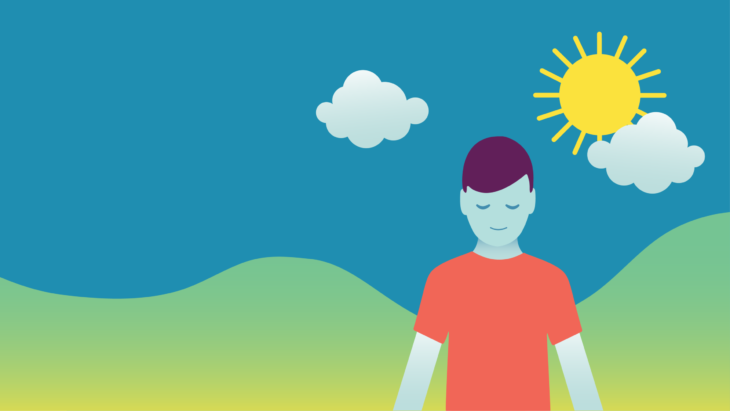
Source: smilingmind
Ask yourself what you enjoy doing the most. Even if it’s your job, describe to yourself how you feel when you do certain tasks and what you like about doing them. If it’s a hobby you enjoy, do it everyday and do it just for yourself.
Don’t expect the outcome to be perfection or external validation. This is for taking care of your soul and your spirit. When you approach anything with love and a wholehearted spirit, you’re more likely to be more aware of your process, including how it makes you feel.
For more information, explore the Tao Academy.
